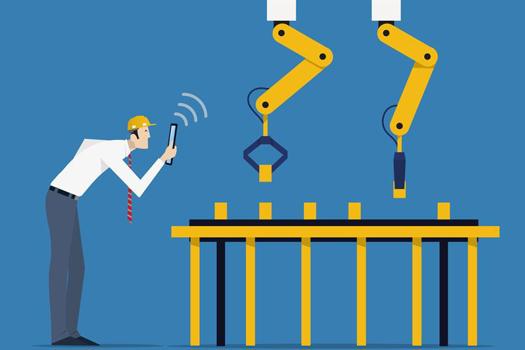Too many HR departments start with payroll and think about other HR areas later when it comes to technology, according to author and consultant Jason Averbook, who was speaking at day two of the HR Tech World conference.
This is a result of where HR technology has “come from” said Averbook. “We came from systems designed for payroll with a little bit of HR. So the first thing we do with systems is get payroll live and later on get the other stuff. But does that make sense? No.
“If we do that we are always going to have the emphasis on payroll in HR,” he continued, explaining the danger to be HR functions that are much more focused on compliance than creativity.
He added: “A lot put more emphasis on payroll than on some of the more crucial aspects of what it takes to drive success. Most HR functions are designed to manage risk. The 1% who might do something wrong they worry about. The 99% who might do something good [we don’t think about]. We can’t do that; we have to flip that on its head.”
Averbook also implored the audience not to go to suppliers with a “long list of things” wanted, explaining that the relationship should be much more collaborative, with the vendor able to offer strategic input. “Don’t give them a long list of things because they’re going to say ‘maybe, yes, kind of'. They are just trying to help you because that’s what you said you wanted. Tell them what you’re trying to achieve, what the outcomes need to be, the data you want.”
Averbook entreated HR professionals to think of themselves as “technologists". “Don’t say 'I’m just going to give someone the requirements and hopefully we’ll get back what we want'.”
He also instructed his audience to think “what’s your company signature?” “Every company has a signature; before you start buying stuff think what’s yours?” he said, adding that HR professionals must also “think like consumers” to ensure user-friendly systems. “Your employees don’t care about all the different departments, they care about the experience,” he said.









